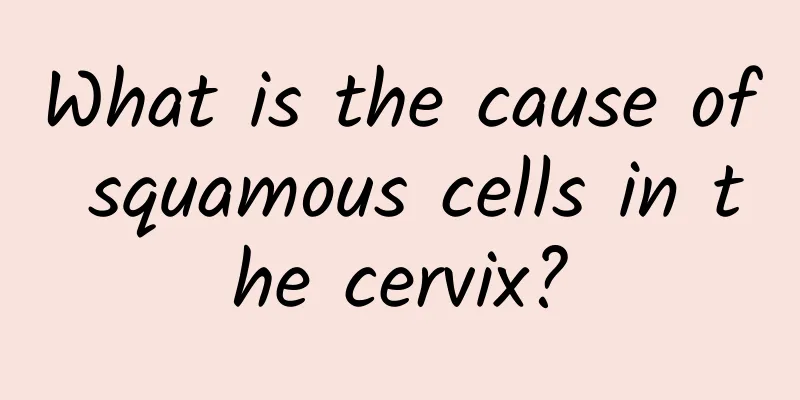Low back pain is often accompanied by hematuria, so you should be highly alert to kidney stones

|
Kidney stones are a common disease of the urinary system. Kidney stones generally have two basic symptoms: pain and hematuria. So what are the symptoms of kidney stones? How to treat it? Kidney stones Kidney stones are a common disease of the urinary system. Kidney stones generally have two basic symptoms: pain and hematuria. Half of the patients have a history of intermittent pain attacks. Generally, there is dull pain, soreness and discomfort during the intervals between attacks, which can be aggravated by activity or fatigue. During acute attacks, it is mostly manifested as severe renal colic, which is often a sudden onset of severe knife-like pain that can radiate to the lower abdomen, perineum, groin and other parts, accompanied by pale complexion, sweating, nausea, vomiting or oliguria, which can last from several minutes to several hours. Another symptom is hematuria, which is often accompanied by pain, and there is also a symptom of fever. The diagnosis can be confirmed through B-ultrasound, renal scan, renal plain film, intravenous pyelography and other examinations. Symptoms of Kidney Stones Kidney stones and other urinary stones can also cause severe lower back pain, hematuria, frequent and urgent urination, urinary tract obstruction, secondary infection, hydronephrosis, and in severe cases, loss of renal function and threaten the patient's life. Patients must be treated as soon as possible. Treatment of Kidney Stones For the treatment of urinary stones, the appropriate treatment plan must be selected based on the size, location, shape of the stones, the patency of the patient's urinary tract and renal function. Such as drug treatment, open surgery, minimally invasive surgery, etc. Smaller stones can be treated with medication to expel them, but larger stones must be treated with surgery as soon as possible. Kidney stones and other urinary stones generally do not require surgery. More than 90% of patients can achieve good treatment results through non-invasive or minimally invasive treatments such as extracorporeal shock wave lithotripsy, percutaneous nephrolithotomy-laser intracavitary lithotripsy, and ureteroscopic lithotripsy. Compared with traditional surgery, minimally invasive surgery has the advantages of less trauma, no harm to patients, less pain, shorter operation time, high stone removal rate, safe and visible operation throughout the process, strict monitoring, and rapid postoperative recovery. It is deeply favored and praised by patients with stone disease. |
<<: High-risk indications for patients with congenital aplastic anemia
>>: The efficacy and effects of deer penis: Deer penis soaked in wine has the best effect! !
Recommend
What to do if the wound becomes inflamed
If you accidentally hurt your skin and the wound ...
Symptoms of eczema
There are many common diseases, and the treatment...
What are the proven TCM prescriptions for treating hypertension?
Hypertension is a chronic disease characterized b...
What is the cause of the blisters on the body? You need to know the treatment method
Herpes is a skin disease caused by a virus that c...
What causes cold pain in the instep?
When the instep feels cold and painful, the first...
How to exercise your tongue if it is not flexible? Here are four methods
In life, when people find that their tongue is no...
Effects and functions of Radix Ophiopogonis
What are the functions, effects and taboos of Rad...
How to eat Patchouli leaves
The plant Patchouli can not only be used as medic...
What are the treatments for infertility?
When it comes to the issue of infertility, many f...
Medicinal value of mousethorn leaves
Acanthus thorn, the name of Chinese herbal medici...
What is functional dyspepsia? It is so harmful.
Functional dyspepsia mainly refers to upper abdom...
Can Tianma Pills cure numbness in hands and feet?
The combination of Tianma Pills and Jurui therape...
The role of cupping
Cupping is a common method of treating diseases i...
How to deal with toothache in a four-year-old child
A four-year-old child may have toothache because ...
Panax notoginseng symptoms
Panax notoginseng is a relatively common Chinese ...









